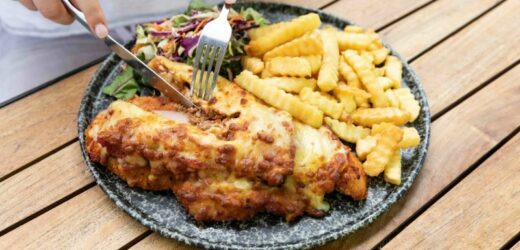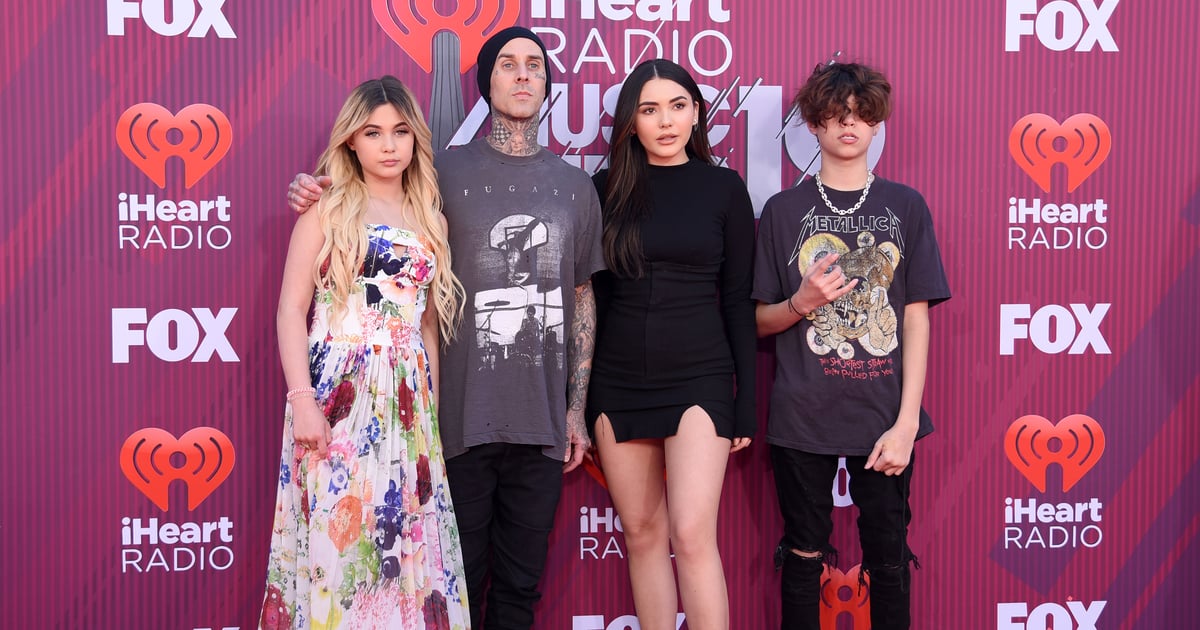Cafes, restaurants and pubs opening their doors on public holidays may offer a reprieve from instant coffee and in-laws, but it comes at a cost: price hikes of up to 20 per cent.
A rough survey of hospitality venues open in Melbourne on Good Friday found that public holiday surcharges of 15 to 20 per cent were the norm, increasing the price of a coffee by about $1, a pint of beer by $2 and a pub meal by $5. Many also have a 10 per cent Sunday surcharge.
The Montague Hotel co-owner Eloise Glenane said most customers now expected to pay more. Credit: Justin McManus
Montague Hotel co-owner Eloise Glenane said most customers at her South Melbourne pub now expect to pay more on public holidays to cover some of the double-time penalty wages she pays.
On Good Friday they will pay 20 per cent extra – hiking the price of a parma and pint of its cheapest beer from $39.50 to $47.40.
“You get the odd person that’ll go, ‘I don’t want to pay $19 for a pint’,” she said. “One or two comment on it on a public holiday, and then you explain that everyone is getting paid public holiday rates. As soon as you explain it, people understand.”
Glenane said the pub would lose money without the surcharge, which she increased from 15 to 20 per cent after taking a heavy financial hit during the COVID-19 pandemic and to match most other venues in the area.
“I think it is becoming way more acceptable – people are more aware now of small businesses and where their money is going,” she said.
Workers under the Hospitality Industry Award should be paid 2.25 times their normal hourly rate on public holidays, and 2.5 times if they are casual. However, some large employers may have enterprise agreements that do not include those penalties.
The Australian Competition and Consumer Commission says restaurants and cafes are exempt from laws that make other businesses display “total” prices for their goods, including additional charges and taxes.
They can impose weekend and public holiday surcharges on food and drinks as long as it is displayed prominently on their menus, so customers can “immediately determine that the price displayed is not actually the final price that they will be charged”, the ACCC says.
A Consumer Affairs Victoria spokesperson said the watchdog received “very few” complaints about hospitality surcharges.
Wes Lambert, deputy chair of the Australian Foodservice Advocacy Body, said wages usually made up 40 to 50 per cent of a hospitality business’ costs and public holiday surcharges were often necessary for them to break even.
“For most hospitality operators that choose to be open on public holidays so Australians can enjoy the time off, they would end up losing money on those days without the surcharges,” Lambert said.
“As inflation and worker shortages has led to a sharp increase in the hourly rate in hospitality over the past few years, surcharges are now the norm rather than the exception.”
United Workers Union executive director Godfrey Moase said hospitality employed some of Australia’s lowest-paid workers who deserved their penalty rates.
“If you are a hospitality worker and your employer applies a surcharge but does not pass it on, contact your union,” he said.
A cultural guide to going out and loving your city. Sign up to our Culture Fix newsletter here.
Most Viewed in National
From our partners
Source: Read Full Article


